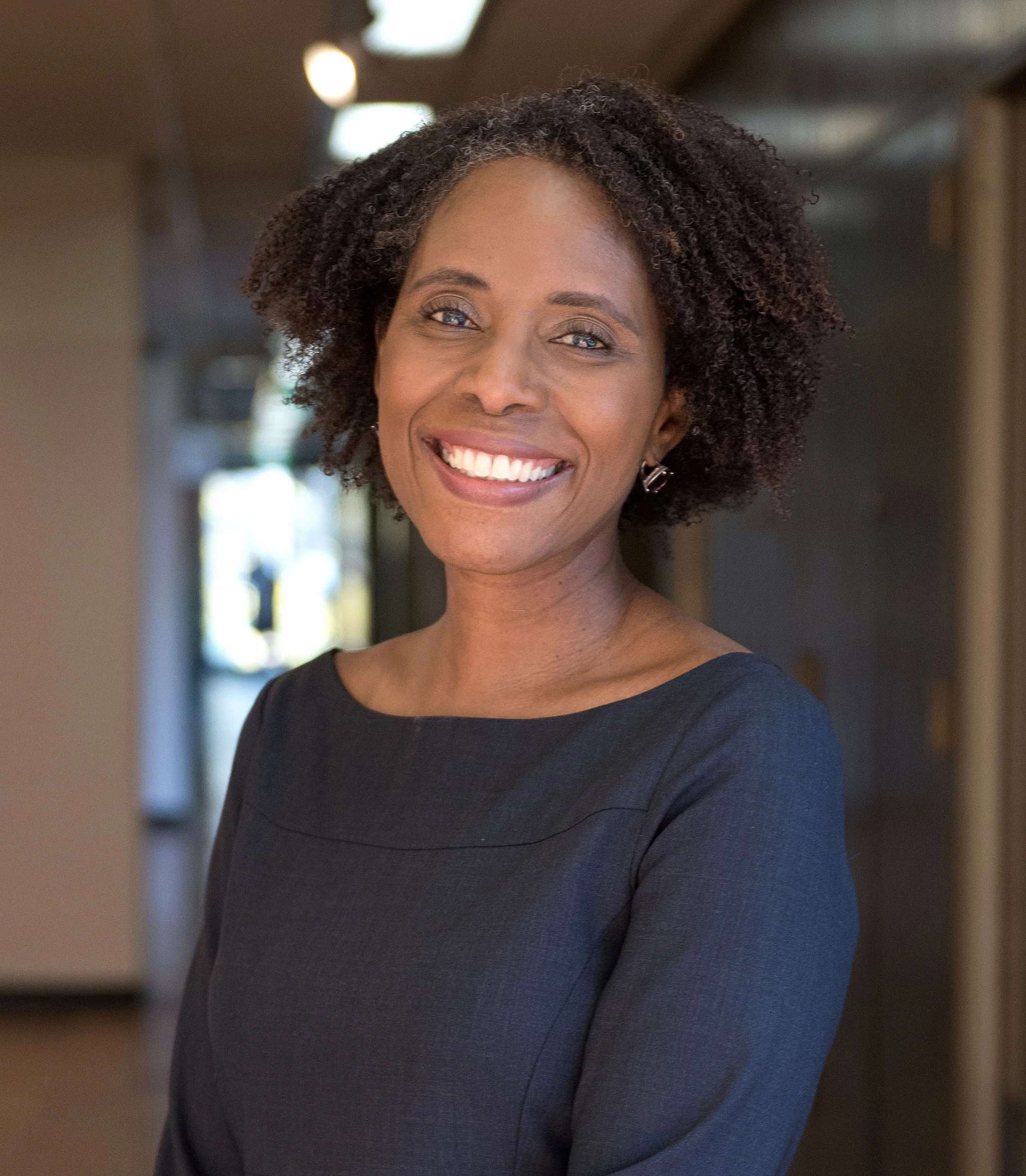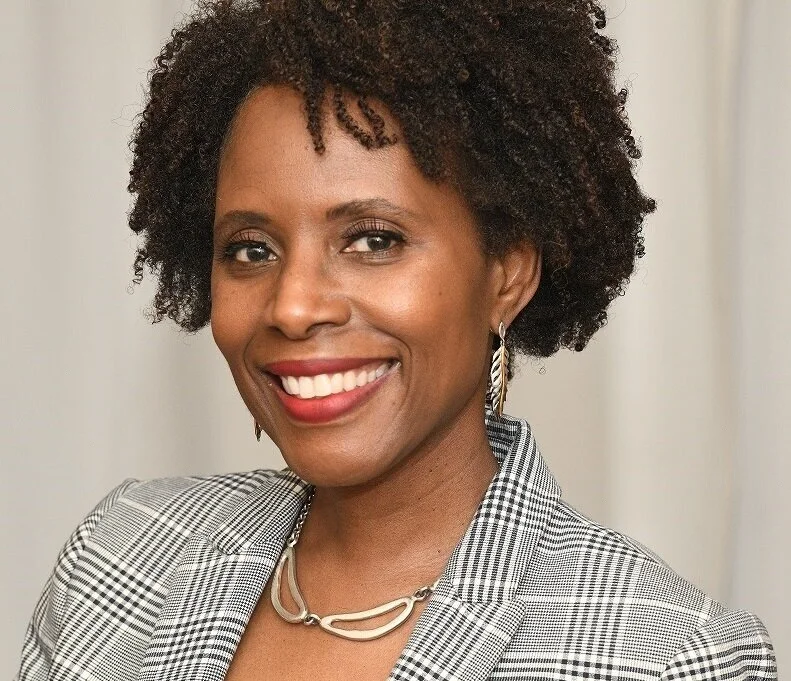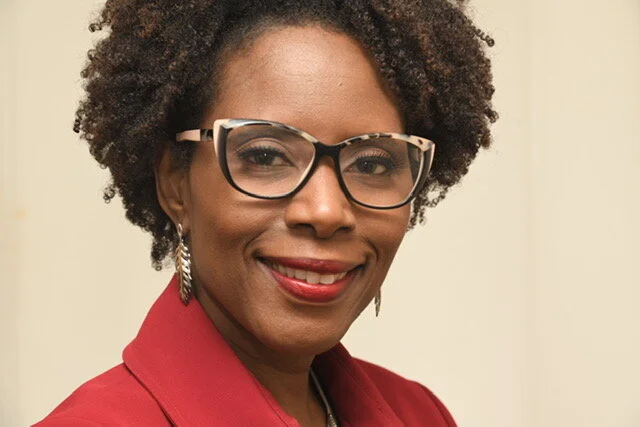TDSB Centre of Excellence a beacon of hope for Black students
June 13, 2023
Since its virtual launch at the start of June 2021, the Centre of Excellence for Black Student Achievement has been a beacon of hope for young people seeking a space to develop accurate ways of expressing their identities within the Toronto District School Board (TDSB).
Occupying a wing at Winston Churchill Collegiate Institute that houses Ontario’s first Africentric high school program established a decade ago, the Centre is the first of its kind in public education in Canada and offers a number of programs, initiatives and engagement opportunities for students and families.
The number of organizations and individuals that have come forward as partners to support the program has surprised Colleen Russell-Rawlins, the TDSB Director of Education.
“Opportunities are opening up for Black students to see themselves in the curriculum and through speakers in an intentional and ongoing way,” she said. “Also, a space is being created for Black professionals and educators who want to learn how to better serve Black children to actually be engaged with university professors, equity staff and community groups to unpack the barriers that we know exist for Black students.”
Last year, the Centre collaborated with the Black Aviation Professionals Network to provide mentorship and guidance for students to explore opportunities in the aviation and aerospace industries.
“That day at Pearson International Airport really opened students’ thinking about what is possible other than being an airline pilot,” she said. “The Centre has become the repository of where many of these opportunities emanate from and then they can go out into schools that can sometimes lead to the formation of new local partnerships,” she said.
A partnership with the Black Veterinary Association of Canada supports Black-identifying Grade 7 to 12 students who are interested in becoming Veterinarians or Veterinary Medical Para-Professionals.
The six-week program explores the various aspects of veterinary medicine including what veterinarian’s do, career opportunities and requirements to apply to veterinary colleges.
It offers support and mentorship to Black students interested in pursuing a career in veterinary medicine.
“Many students said they never thought about this career and they didn’t know what was possible and how they could get into it,” Russell-Rawlins said. “Through this partnership, students have had opportunities to engage in learning in and out of school around what the possibilities are that exist for them. For Black communities and families, these are areas where we know we are under-represented and that is because there is no pipeline or pathway that students’ are aware of to get into these professions.”
As for mentorship opportunities, the focus was on Black girls this school year.
“They are doing much better in terms of graduating,” noted Russell-Rawlins. “Our next area of focus will be working with community members to support Black boys. We need to get together with them to find out what they need to better support them and then replicate whatever components have worked with Black girls that are more applicable to Black boys to create a support system. We know we have not done enough and we know that as educators within the system, we can’t do it alone.”
In June 2020, TDSB trustees unanimously approved funding to create the Centre that supports Black students to combat racism, navigate complaint processes, identify barriers to success and access appropriate resources, including scholarships and mentoring.
It also uses evidence to highlight promising practices and engage in meaningful research on topics relevant to Black students; create professional learning in anti-Black racism; identify, develop and facilitate culturally responsive and relevant healing practices for students; establish effective mechanisms for monitoring student achievement and provide annual accountability reports and recommendations to the trustees, Board and staff among other things.
Since its creation, Russell-Rawlins has been asked many times why there is a need for focus on Black students.
“My response is pretty simple,” she noted. “Until the data and the experiences our students are telling us they are having in school change and is not based on their identity and that they are having success, we need to continue to focus on Black students. If they are saying they are not being respected in school and that their achievement is less than it would be if you held a different identity, then we need to continue to focus on it. It is not about the kids. It is about the systems in which they come in contact that are creating and contributing to the outcomes we are seeing. We need to be steadfast in creating every avenue that is possible and eliminating every barrier we find that prevent our children from pursuing the dreams they are entitled to.
“We know that although the success of Black students academically is improving, there is still a gap. As a system, we need to focus on narrowing and closing that gap. An excellent public education system, in my opinion, is one where the identity of the student does not predict their achievement, their suspension rate, their identification for special education and their jobs post-secondary. It is about seeing the distribution is equal across identities. That is not yet where we are.”
It is through the Centre, Russell Rawlins pointed out, that some students say they seem themselves positively represented.
“We know that it is the classrooms they are in for six hours everyday that they need to see positive affirmations of who they are and their brilliance in order to change their life trajectory,” she said. “We continue to work with school teams directly through the Centre and the staff to change the way teaching happens and to change the depictions of Black students and getting educators to rethink how they engage with Black students and the biases they hold that, sometimes, create hostile learning circumstances for Black kids.”
In a wide-ranging interview, Russell-Rawlins said creating belonging for every student as a foundation for their academic success is a priority.
Noting the pandemic has had a devastating impact on learning, she said Canada’s largest school board has invested in mental health teams comprising social workers and child & youth counsellors.
“They meet with students when they are in school or when they are struggling outside the school environment to provide them with support,” said Russell-Rawlins. “Over the past two years, the staff we have hired have been intentionally chosen so they are able to engage with Black and other racialized communities and work with students and families in a way that affirms their identity and understand how culture may impact the ways in which they seek support and/or the kinds of support they require.”
Because of budget deficits, she acknowledged it is going to be challenging to hold on to the staff.
“That is true for many of the supports we have put in place over the course of the pandemic,” she said. “But I am extremely proud to say we have made significant gains in that area and I am going to work really hard to ensure we continue to expand the mental health well-being supports for students.”
Last month, the TDSB shared a report with its trustees, saying the number of students suspended for violence is the highest since at least 2018-19.
A total of 323 students were suspended due to violent incidents on school premises between last September and April.
Russell-Rawlins said the Board is acting with great urgency to address school and community safety.
Part of the Board’s collaborative approach includes adding school-based safety monitors and youth and social workers.
“We are also focussing on youth employment, enhanced training, updated security camera technology and greater investments in community partnerships focussed on youth engagement after school,” she said. “However, responding to community safety and well-being is a shared and ongoing responsibility among many partners – educators, families, community organizations, youth and all levels of government.”
To support the Board’s efforts to further create safe schools, she led the creation of the TDSB Expert Reference Panel on School Safety and Well-being that brings together leading scholars and people working in the field to focus on school safety and its connections to student well-being, equity and human rights.
Co-chaired by lawyer and racial justice analyst Anthony Morgan, the panel will examine data and research to broadly understand the scope of school safety and its impacts on student well-being, study who is affected and the multiple impacts, identify risk and protective factors and use current evidence and research to propose policies and program solutions/strategies.
Russell-Rawlins admitted that anti-Black racism is still deeply entrenched in TDSB schools.
Last March, three employees, including a Principal and Vice-Principal, were placed on home assignment after a mother claimed her six-year-old son was subjected to anti-Black racism.
“Not a month goes by where there is not a report that identifies that hate and discrimination is either being identified more frequently or is on the rise in communities,” she said. “But we also have our own report that shows that anti-Black racism continues to be a problem in the TDSB. People are telling us they feel more confident in reporting it and that is a good thing. We know that racial slurs made between and among students are one of the areas that we need to address.”
She said the Board has a new Anti-Hate Anti-Racism Strategy that looks at various forms of hate that communities experience.
“We will be working with communities to develop those strategies,” she said. “What I am hopeful about is that by engaging communities, parents begin to talk to students and children about the ills of racism and hate and that that is coupled with what we are doing in school. We can do this together, but we also have a lot of work to do with our staff.”
TDSB Director of Education Colleen Russell-Rawlins (Photo contributed)
While noting that Artificial Intelligence (AI) has the potential to address some of the biggest challenges in education today, innovate teaching and learning practices and accelerate progress towards Sustainable Development Goal 4 that focuses on education, The United Nations Educational, Scientific & Cultural Organization (UNESCO) acknowledges that rapid technological developments inevitably lead to multiple risks and challenges.
Last March, trustees gave the Simcoe District County School Board approval to amend its policies to address the use of AI by students on assignments.
School leaders like Russell-Rawlins recognize its potential impact on education.
“I don’t think we can get around it,” she said. “I think we need to understand how students are using the technology and then teach them the limitations of it. At the end of the day, you need to bring critical thinking and problem solving skills to be able to make an argument. Our students are going to use artificial intelligence, but we as educators have to think about how we respond to that use so that it does not unfairly gave one group an advantage over another.”
As it approaches the end of its current strategic plan, the TDSB is preparing to launch a multi-year strategic plan that will establish clear priorities that will guide Trustees and school leaders over the next four years to 2027.
“To identify those priorities, we are reaching out to students, families and community organizations to have their say in what those priorities should be,” Russell-Rawlins said. “I hope they will provide us with feedback around what they think is important. I am really looking forward to the outcome of that consultation.”
For engagement opportunities and additional information, individuals can visit https://www.tdsb.on.ca/Leadership/Boardroom/Multi-Year-Strategic-Plan/MYSP-Renewal
Russell-Rawlins also urges families to, in unison with their children, complete the TDSB Student Census to help improve schools and systems.
Based on opt-out and consent information, Census surveys have been sent to students or families. Junior kindergarten to Grade 3 families and Grade 4 to 8 families (completing the Census at home) should check their emails for TDSBStudentCensus@gemailserver.com
Census surveys have also been sent to Grade 9 to 12 students.
Additional information is available at www.tdsb.on.ca/census
“It forms the basis for our decision-making around how we allocate resources and how we identify changes in students’ experiences in school,” Russell-Rawlins said. “For Black and Caribbean communities, we need this information to judge whether or not we are actually making progress on the issues that impact our children the most.”







